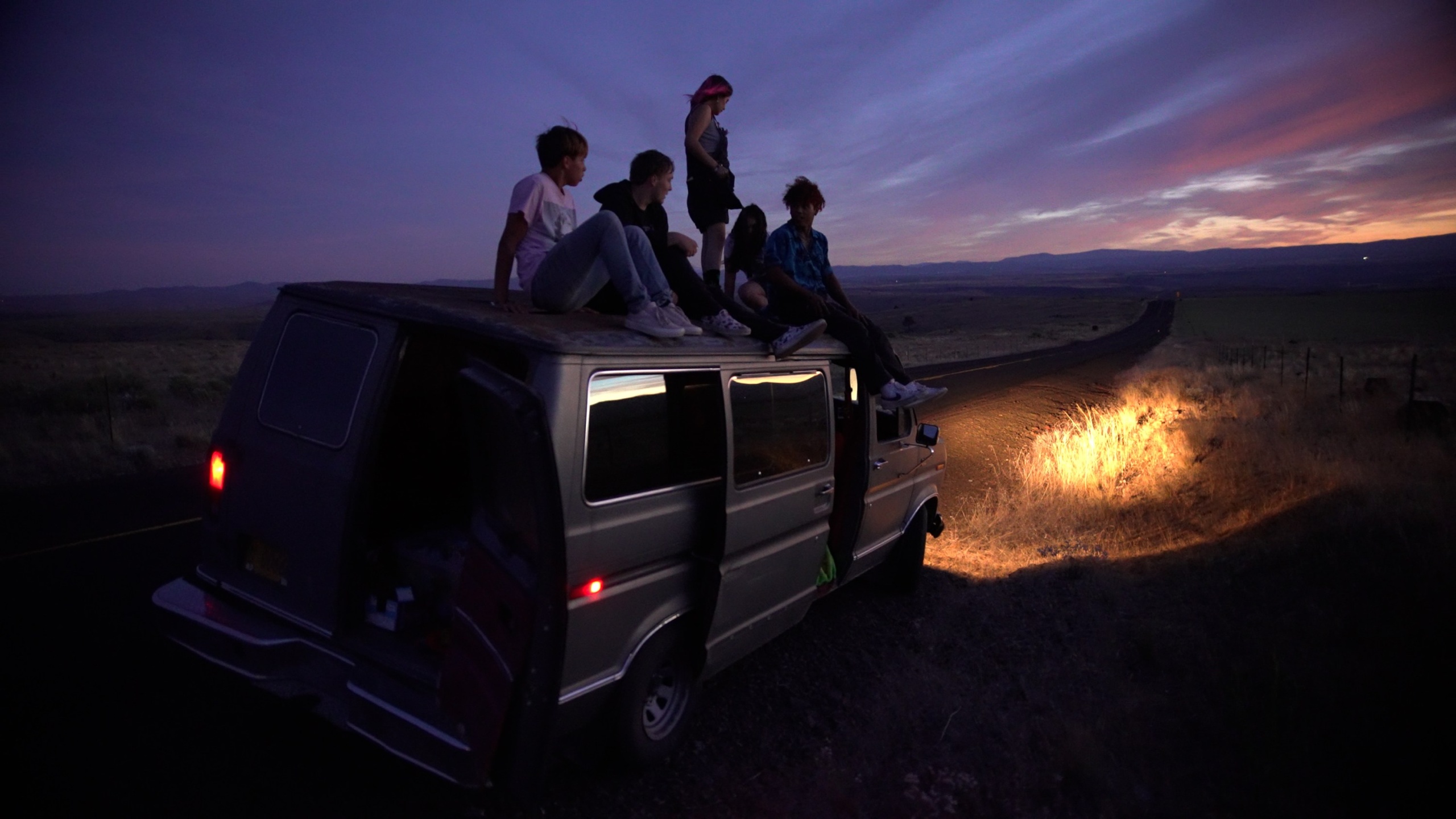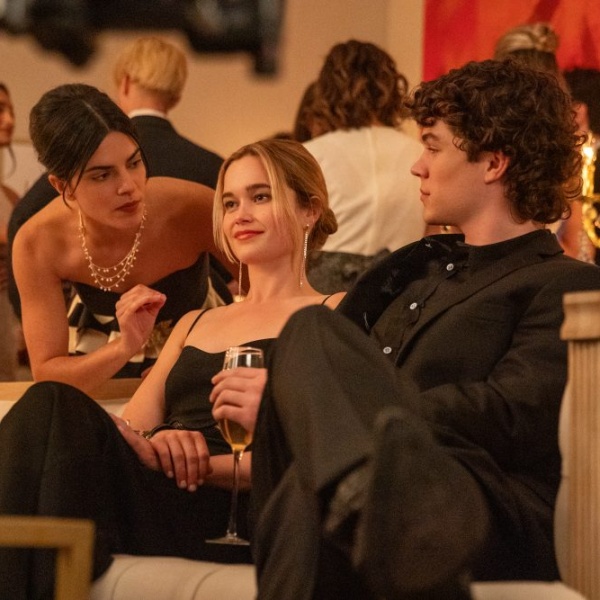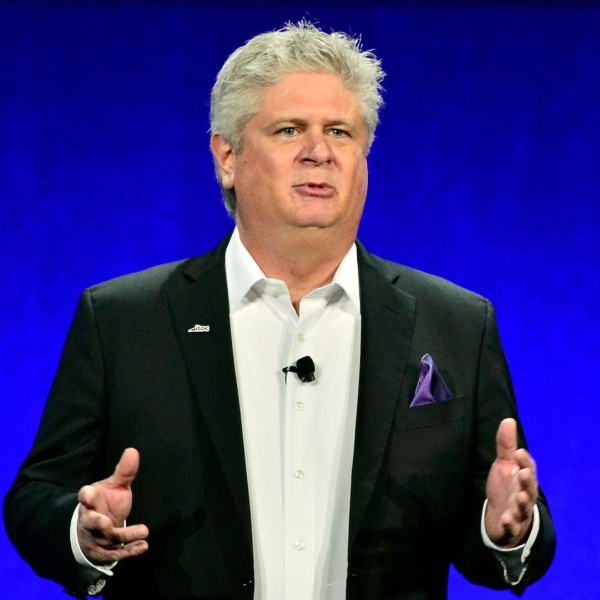
You can learn everything you need to know about a person’s maturity from their reaction to a stranger in a Slayer tank top suggesting that we “take my boat out and just see where the fuck we end up.” Sure, age is just a number — but when hard-earned wisdom begins to replace our youthful invincibility, aquatic adventures with random mosh pit dwellers are often first to go. But when that exact offer is posed to the five teenagers at the heart of “Gasoline Rainbow,” nobody hesitates for a second. The primal thrill of boating is more than enough to supersede any doubts about the dubious correlation between thrash metal knowledge and nautical competence.
Of course, the poor judgment on display is precisely what makes every frame of “Gasoline Rainbow” feel so alive. Bill and Turner Ross’ semi-scripted movie follows a group of five recent high school grads meandering through Oregon in an attempt to enjoy one last adventure before they have to “get jobs and shit.” What begins as a drive to the coast in a weed-filled van quickly becomes a 500-mile walk to Portland after their tires are stolen. Along the way, they link up with a coterie of seedy roadside dwellers eager to help the sheltered kids understand what an adventure adulthood can be. Every distraction and useless detour is embraced with a level of enthusiasm that only exists in the liminal space occupied by those who know they still have homes but don’t necessarily want them anymore.
The meandering plot makes “Easy Rider” look like “Oedipus Rex” by comparison, but the beauty of “Gasoline Rainbow” is its ability to capture the thrills of trying life’s simple pleasures for the first time. The film appears more interested in offering a fresco painting of wanderlust filtered through a Gen-Z lens than telling a coherent story. It’s the next step in the Ross brothers‘ decade-spanning quest to blur the lines between scripted and unscripted filmmaking — while the loose story is fictional, the actors use their real names and improvise much of their dialogue. It’s not a documentary, but its portrayal of those first tastes of freedom is so accurate that it might as well be.
Movies and music about finding one’s self on the road are a generational rite of passage whose inevitability is rivaled only by each generation’s tendency to think they’re the first group to experience such profound adventures. Every generation needs its own “Easy Rider” or “Gasoline Rainbow” to capture the uniquely stifling circumstances that just so happen to engulf every kid between the ages of 16 and 20. That’s why it’s impossible for any artist to make a coming-of-age road trip movie that’s truly timeless — the only ones who achieve anything resembling immortality stumble ass-backwards into it by unapologetically dating themselves. The film’s ability to seamlessly integrate smartphones and social media into timeless road trip tropes leaves “Gasoline Rainbow” well-positioned to do just that.
For as long as artists have written scripts and songs about road trips, young audiences have been fascinated by the dated quirks of old counterculture. (Anyone who has attended a Dead & Company concert can attest to the delightfully anachronistic spectacle of John Mayer leading a chorus of screaming Gen-Zers in chants that those without new ideas shouldn’t “dominate the rap, Jack.”) A Command-F search for words that appear in both “The Dharma Bums” and “Gasoline Rainbow” would produce little more than “the” — which only makes it seem more likely that the film could live on as a similar document of its generation’s angsts and neuroses.
The recycling of old countercultural relics (despite the unavoidable imperative to create new ones) is a theme that appears again and again in “Gasoline Rainbow.” By framing all its cultural references through the lens of five Gen-Z kids’ opinions, the film illustrates the fluid state of our current cultural water cycle. The film’s clever use of needle drops illustrates the way that each decade’s cutting-edge media eventually becomes another’s sepia-tinged nostalgia trip. Our heroes fill their hours on the road with conversations about Enya and Bruno Mars, but they’re just as comfortable jamming out to Dad Rock classics on long stretches of highway. Old songs are included not because they invoke nostalgia in the audience, but because our heroes are discovering them for the first time. A discussion where the kids reveal their utter cluelessness about certain Beatles songs seems just as plausible as a scene where they giggle at old Cheech & Chong movies. The days of learning a set of prerequisites to participate in the monoculture are long gone, but any artistic antiquity is just one algorithm tweak away from returning to relevance.
“Gasoline Rainbow” simultaneously succeeds as a nuanced depiction of a generation’s concerns and an ironic look at what young people have yet to learn. The admirable yearning for adventure demonstrated by the film’s protagonists is underscored by their misguided conclusion that 19-year-olds need to cram in a last rodeo before settling into a boring life. But that, too, is nothing new. The premature fear of aging has appeared throughout pop culture ever since a 26-year-old Bruce Springsteen revealed his fears that “maybe we ain’t that young anymore.” The more interesting takeaway from “Gasoline Rainbow” is how little anything has really changed. Holding a computer with access to the entire world in their pocket hasn’t dulled anyone’s desire to hop in a car and speed off into the night without a place to go.
Grade: B+
“Gasoline Rainbow” premiered at the 2023 Venice Film Festival. MUBI will release it in the U.S. in 2024.





